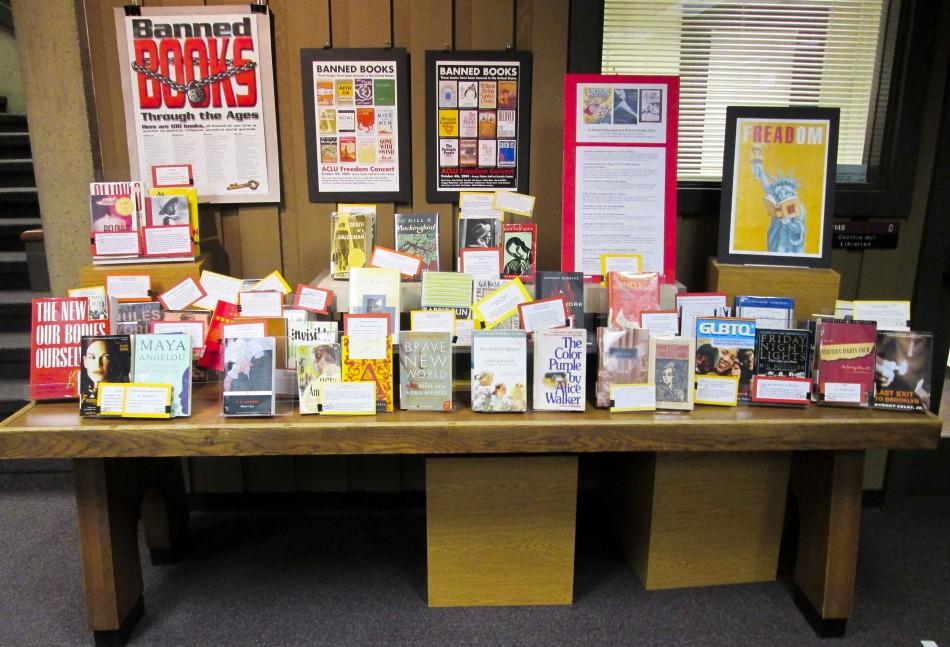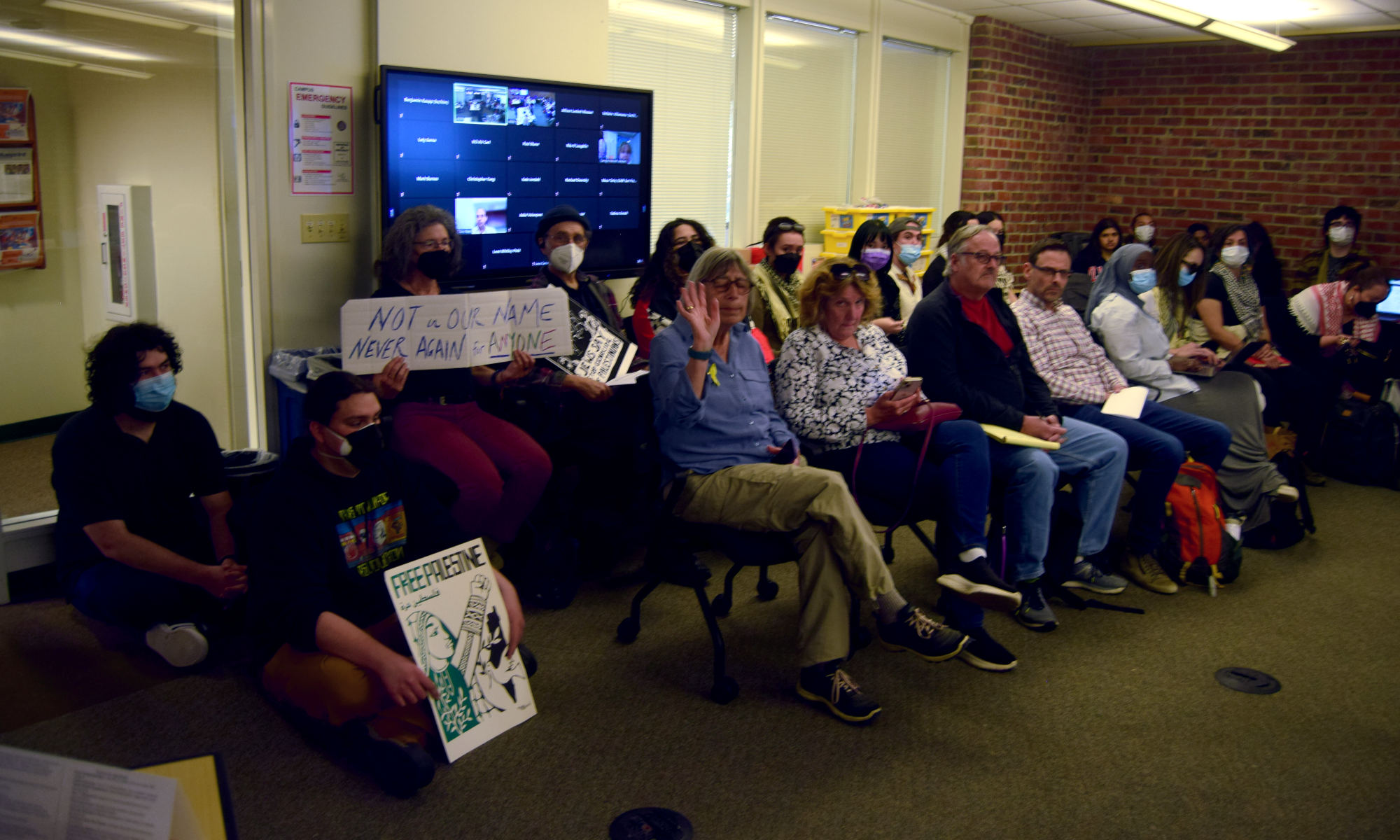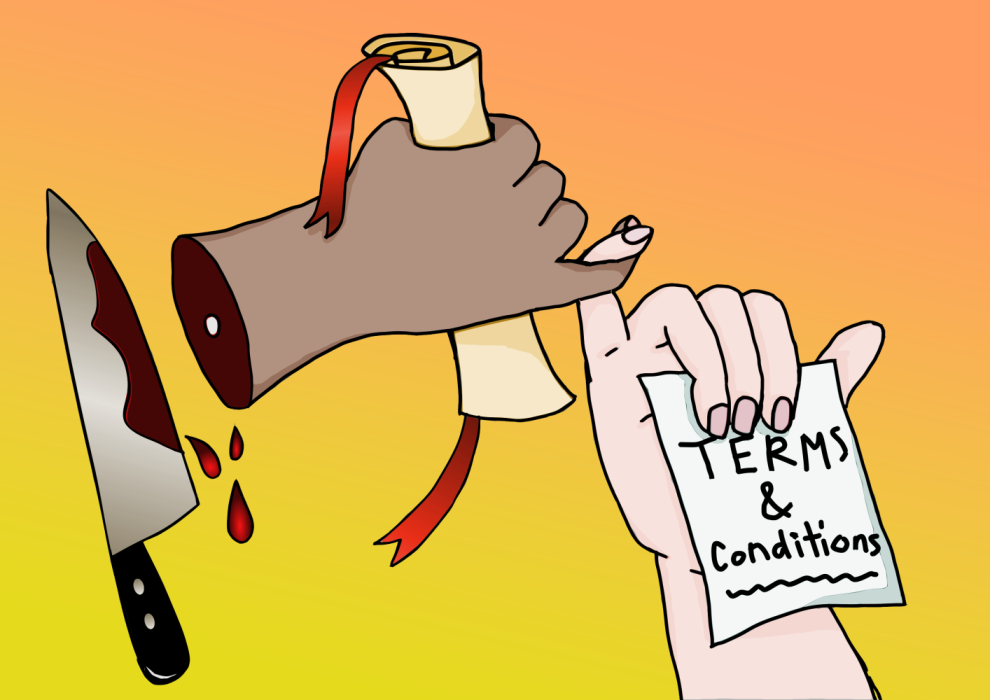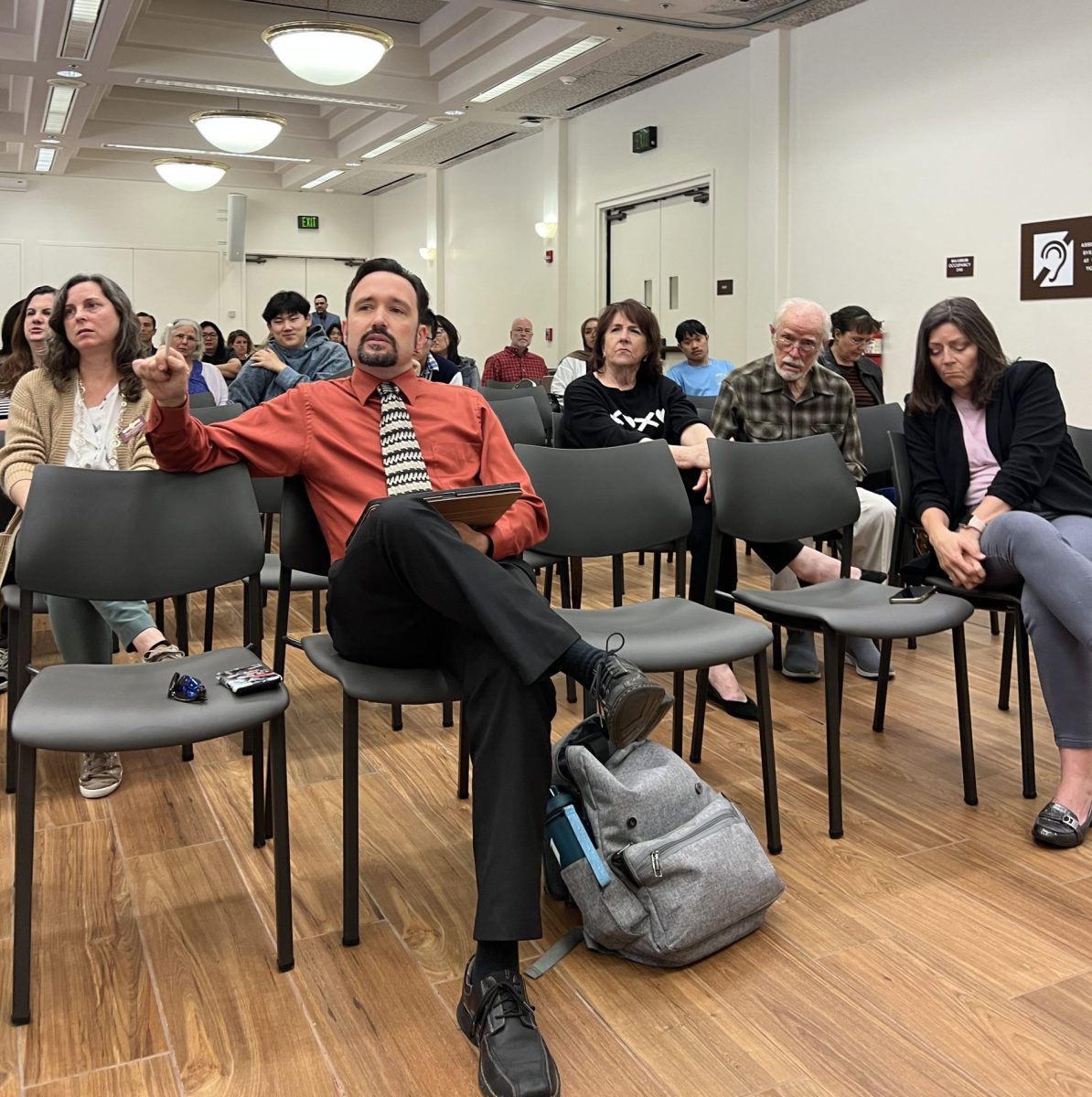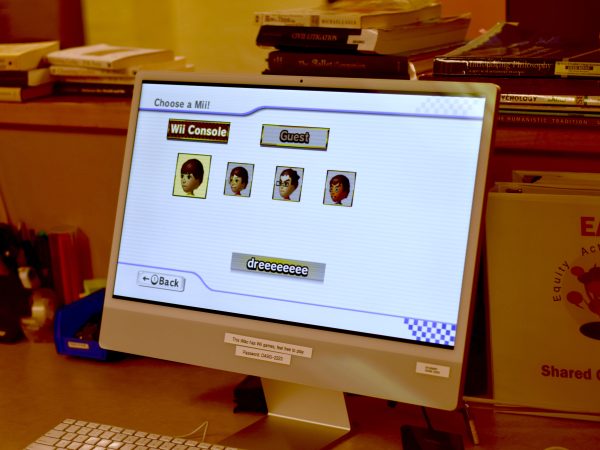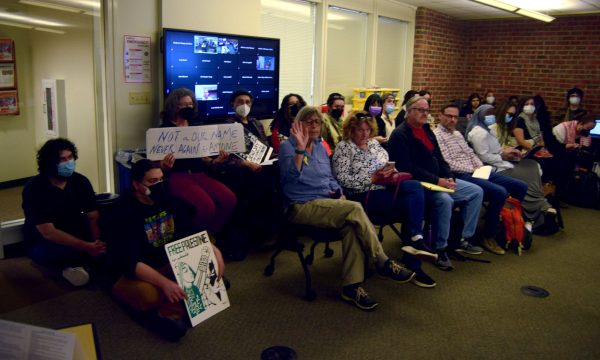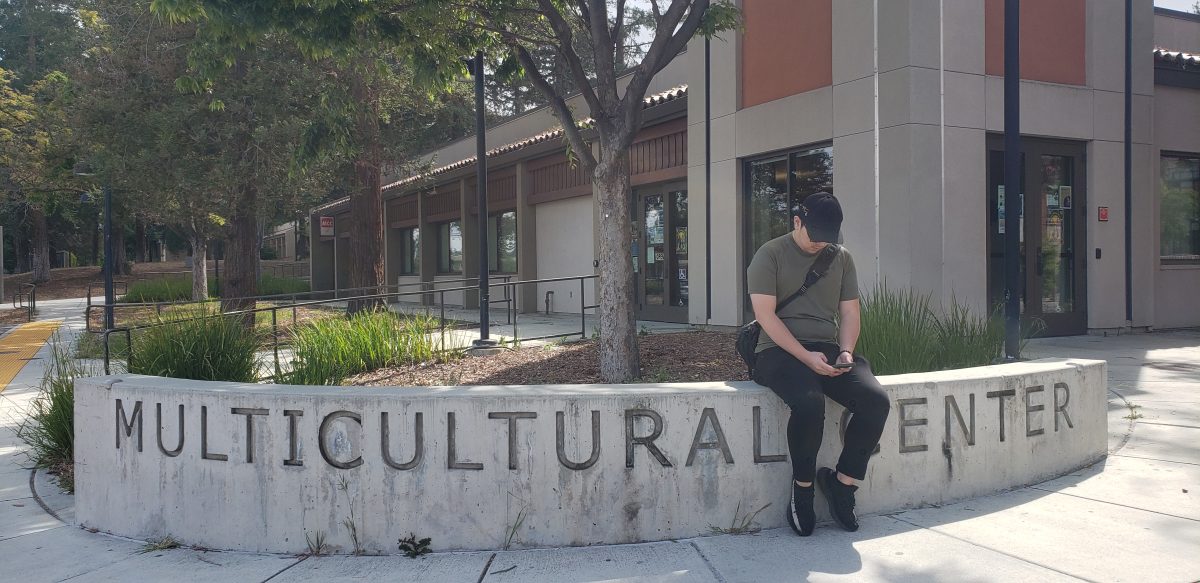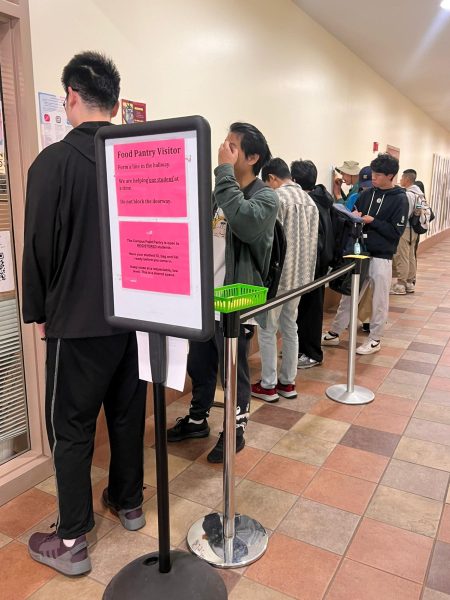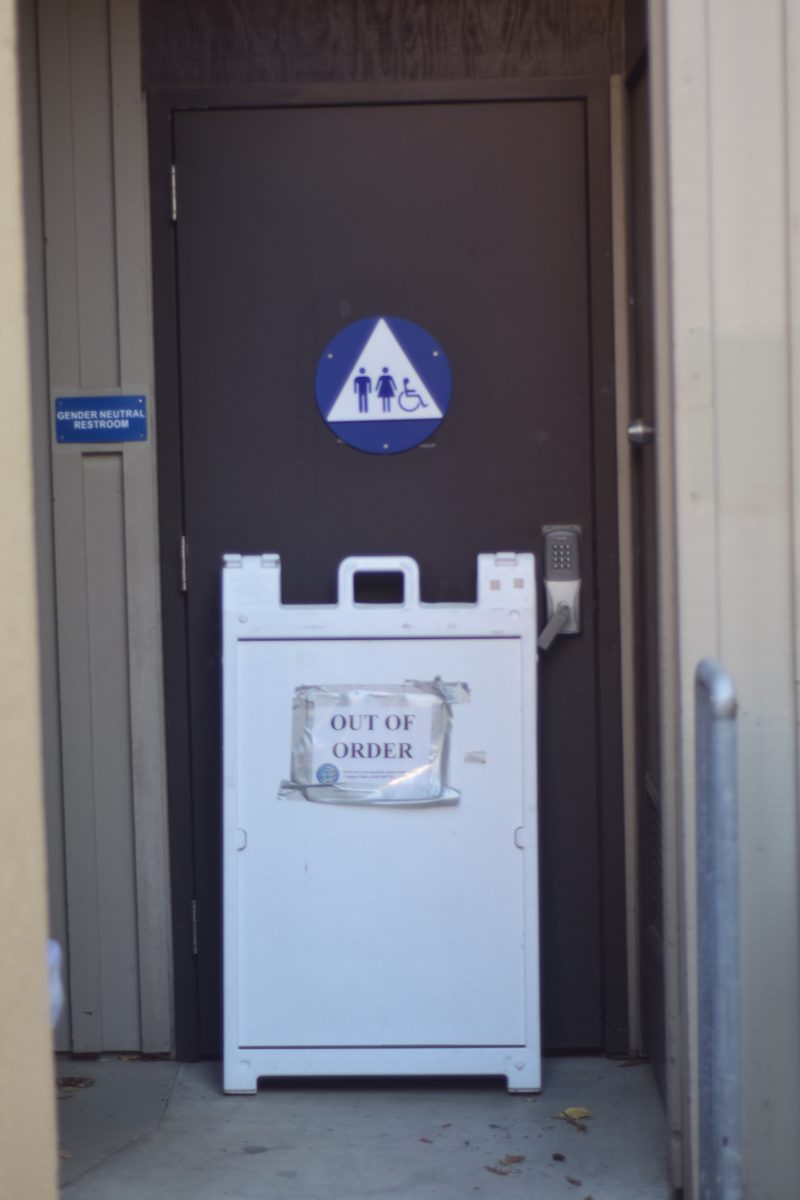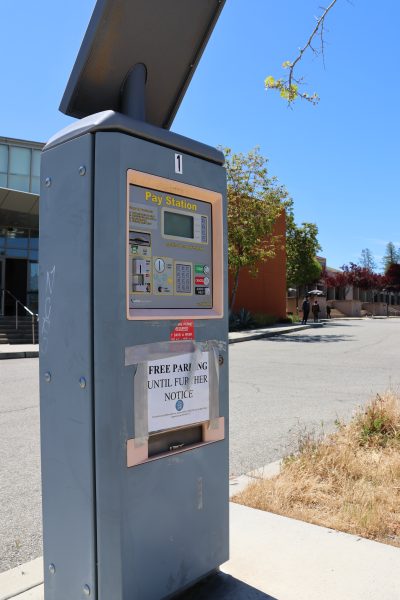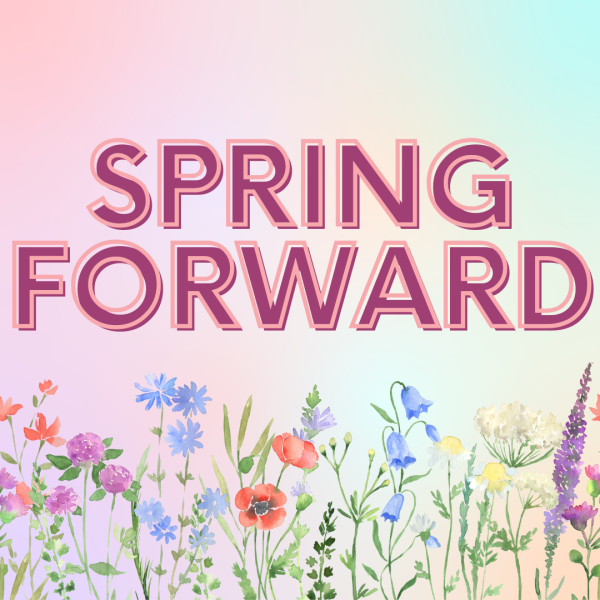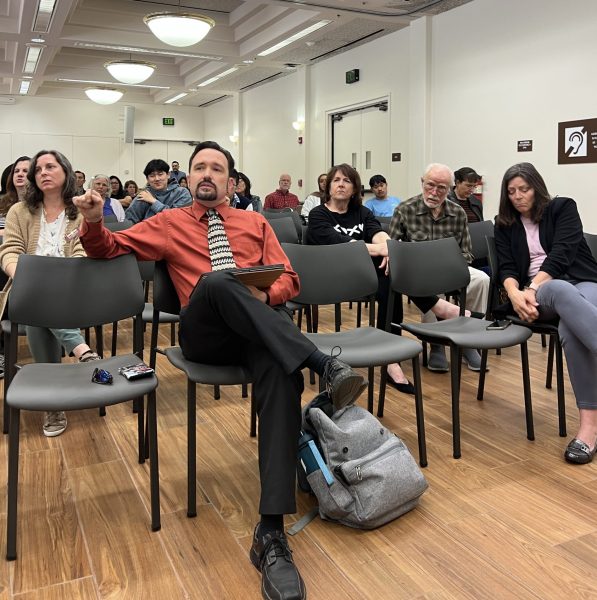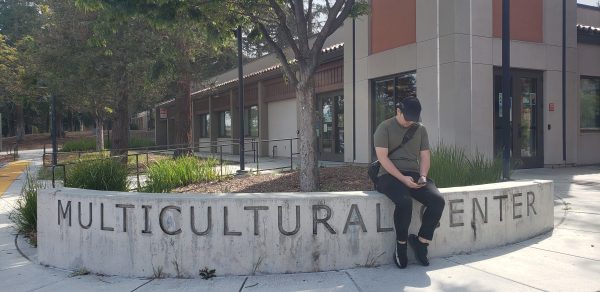Library displays banned books
Banned books are displayed on April 16 in the library during the Banned Books event, which is up until May 15.
April 21, 2014
Banned and challenged books are on display in the De Anza College library.
Books read in U.S high schools, award-winning books, and books turned into movies have been challenged from the time of publication.
Bad language, violence, anti-American and being offensive to society are reasons for wanting these books banned.
Not all of the books on display have been banned forever. Some were only for short periods of time, in certain parts of the country. Others are simply challenged with protesters explaining their reasons.
Check out the books display in the library and read a book that was banned or challenged. Here are some that may strike an interest:
“A Clockwork Orange” by Anthony Burgress is a dystopian novel written in 1962. Considered by Time Magazine to be one of the 100 best English novels published between 1923 and 2005. The main reason it has been banned has to do with the book’s use of violence, depicted mainly with youth along with language. The book was removed in 1976 by an Aurora, Colo. school district and again in 1977 in Westport, Mass.
“To Kill a Mockingbird” by Harper Lee is a controversial book because it tells a story of an African American who is taken to court for a rape charge, found not guilty and then still convicted for the crime. Some people found that the book was defending inequality. In addition to focusing on a case of a rape, the book contains a great deal of racial language. Stated multiple times throughout the book is the line, “A black person will always be convicted of a crime if a white man accuses him.”
“The Catcher in the Rye” by J.D. Salinger was written in 1951, and tells the story of a young teenager who is expelled from his school and runs away to New York. The book is mostly remembered for having a lot of swearing; the word “goddamn” appears over 89 times alone. Other complaints range from childhood depression to occultism, where the main character, discusses with himself whether he thinks Judas went to Hell after betraying Jesus. The book is also notably considered to be honest without being too obscene.
“My Sister’s Keeper” by Jodi Picoult is a story of two sisters, one with severe leukemia and the other who was bred specifically to have kidneys for her. One sister is forced by her parents to give up the kidneys, which ends in court with the girl challenges her parents. The book has been banned for reasons such as promoting sexuality, promoting homosexuality, having offensive language and having a sex scene.



